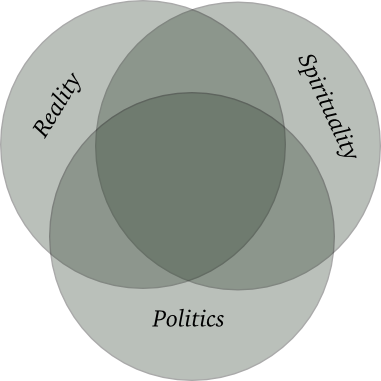
ONCE UPON A TIME, a very long time ago, a species of primates lived on this planet, which we will call, for lack of a better term, humans.
Humans were hunter-gatherers: people who lived in small groups, sharing the work of hunting game and gathering vegetation, and sharing food and the mutual protection of the group as well.
They were egalitarian by nature and by culture—in terms of wealth, of mutual respect, and of power.
They particularly refused to allow any one person to order another about, and had a variety of ways of enforcing this mutual freedom from coercion on any member of their group who attempted to boss another.
They had developed a very high level of social interaction, of technology suited to their lifestyle, and of art.
They had music, as well, and very probably dancing and an oral literary tradition.
They were the dominant species on the planet, ruling by virtue of their minds and hands, which allowed them to make tools, devise very clever hunting methods, and plan ahead using accumulated information about their environment.
But then something happened.
It must have seemed, at first, as though it was just another success in the long string of successes which had led them to dominance.
They managed to tame and control another species.
They transformed what were once wolves into dogs.
Their task was made easier by the fact that wolves were, unlike humans, hierarchical by nature—so all humans had to do, in order to tame the wolves, was to learn how their hierarchy worked, and figure out how to install themselves at the top of it.
This was not difficult for such an intelligent species.
And it was very successful—so successful that the humans didn't notice that, in the process of learning to tame wolves they had come to understand hierarchies too well for their own good.
Soon they were training, not only their dogs, but their children.
Within a few thousand years, they began to find ways to impose hierarchies on each other.
They—or some of them—discovered that they could manipulate the worldviews of their fellow human beings, convincing them that there were invisible powers in the world: gods and goddesses—Marduk, Baal, Zeus, Thor, Isis—who demanded tribute of various kinds.
They used this manipulation to enforce their power over their fellow humans, destroying the egalitarian balance which was native to their species.
These early kings took advantage of the agricultural revolution to use control of the food supply, along with the propaganda controlled by the priests of the gods and the violence of the king's soldiers to cement their power, and create a hierarchical society with themselves seated firmly at the top.
And, just as the hierarchy replaced the old egalitarian power structure, it also replaced the egalitarian structures of work and wealth.
Those who labored hardest, and under the most severe conditions, now received the smallest share of the reward.
Those whose labors created the wealth got very little benefit from the wealth, while those who labored least, and whose labors had more to do with the manipulation of wealth than with its creation, ended up with the lion's share.
But the secret to this transformation of humanity from a species of equals into a species of slaves and masters was not, in its essence, a mere matter of economics, or force, or even disinformation about the nature of the world.
No king could ever have tricked or forced or bargained the egalitarian ancestors of humanity into slavery.
There was a difference between the humans who fell on their faces before their king and their forefathers and foremothers.
They had been weakened at the core.
And the secret of this weakening harked back to the lessons learned from the taming of the wolves—to a phrase on the lips of the humans who tamed them.
"Bad dog!"
To be continued...






